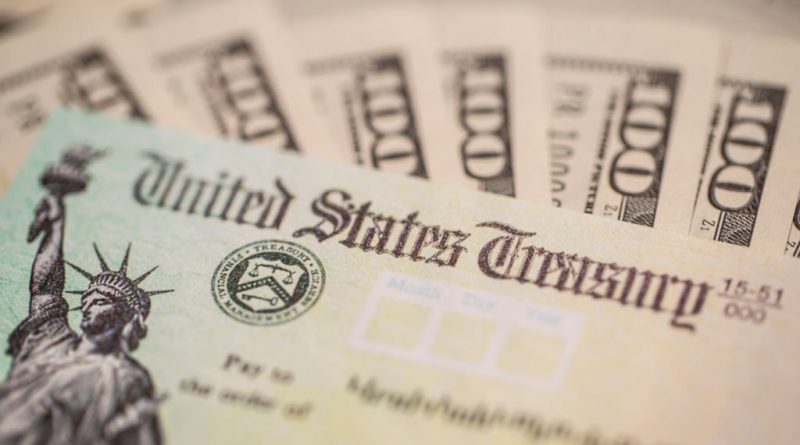MakerDAO Explores Tokenized T-Bills With $100 Million Allocation Plan
Steakhouse, a decentralized autonomous organization (DAO)-focused financial advisory firm, in collaboration with Phoenix Labs, a research and development company, has put forth a proposal urging the MakerDAO community to consider allocating up to $100 million from its reserves for investment in tokenized US Treasury Bill (T-Bill) products.
The proposal, currently in the discussion phase, aims to explore new avenues for financial innovation within the decentralized finance (DeFi) ecosystem.
Unlocking Liquidity Efficiency for MakerDAO?
MakerDAO, renowned as the issuer of the DAI decentralized stablecoin, has already made significant investments in US Treasuries through off-chain structures since 2022, amounting to over a billion dollars.
By venturing into tokenized T-Bills, MakerDAO seeks to bolster its balance sheet by gaining exposure to low-risk, liquid traditional assets. This move aligns with their long-term strategy of strengthening the stability and sustainability of the protocol.
Tokenized T-Bills offer several potential benefits to MakerDAO and its community. Firstly, they provide higher transparency than off-chain structures, simplifying the auditing process and reducing the need for internal resources.
With tokenized T-Bills, daily attestations can be streamlined, providing real-time visibility on investment performance.
Additionally, tokenized products enable simpler accounting procedures by leveraging daily price feeds, eliminating manual profit returns associated with off-chain investments.
Furthermore, tokenized T-Bills offer the potential for increased automation. Asset-liability management, a manual and slow process for MakerDAO, can be automated through tokenized products.
This automation would improve efficiency and reduce operational overhead, enabling MakerDAO to focus on other strategic initiatives.
In terms of liquidity, tokenized T-Bills present advantages over traditional off-chain investments. Redeeming stablecoins through on-chain tokenized products can be faster than selling off-chain and converting them back into stablecoins. This can provide MakerDAO with greater flexibility and responsiveness to market dynamics.
Maximizing Returns?
Despite the potential benefits, the adoption of tokenized T-Bills introduces certain considerations. One such consideration is the exposure to higher counterparty risk. However, a competitive market is expected to favor the more secure options, mitigating this risk to a certain extent.
Tokenized T-Bills also offer diverse liquidity and yield profiles, providing opportunities for MakerDAO to diversify its investment strategy.
Products range from super liquid non-volatile options, which act more like lending protocols with collateralized T-Bills, to frictionless products that offer better rates but require longer subscription and redemption processes.
According to the announcement, these options allow MakerDAO to leverage different trade-offs without reinventing the wheel and cater to varying needs within the DeFi ecosystem.
Steakhouse, Phoenix Labs, and BlockAnalitica will contribute their expertise in legal, financial, technical, and risk assessment domains to move forward with the proposal.
Overall, the proposed allocation of up to $100 million for developing and experimenting with tokenized T-Bill products reflects MakerDAO’s commitment to continuous innovation and exploring new possibilities within the DeFi landscape.
As the discussions progress, the community’s collective wisdom and insights will shape the future roadmap of MakerDAO’s investment strategy and contribute to the evolution of decentralized finance.
As of the time of writing, the native token of MakerDAO, MKR, is currently trading at $1,113, reflecting a decrease of 0.7% over the past 24 hours.
However, over the past seven and fourteen days, the token has demonstrated substantial performance, surpassing most cryptocurrency markets with gains of 2.5% and over 12%, respectively.
Featured image from iStock, chart from TradingView.com
Source: Read Full Article


